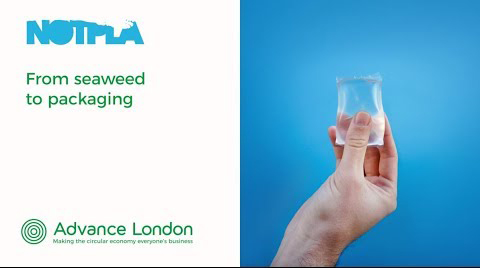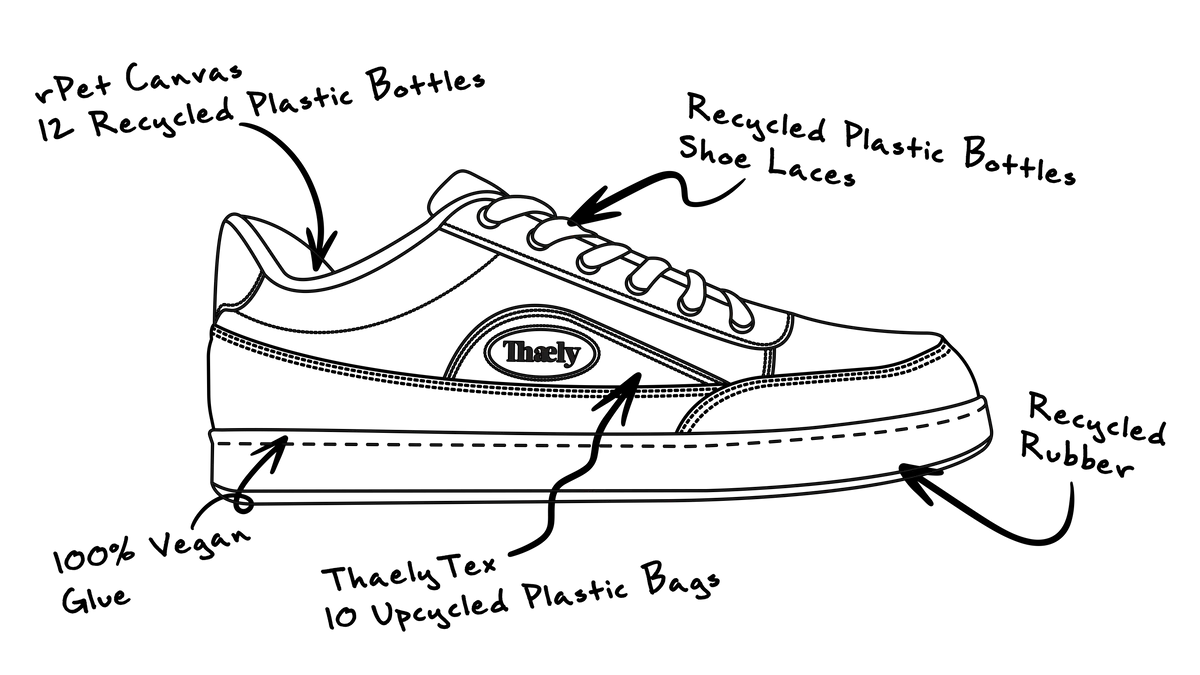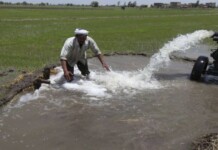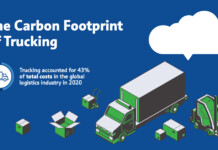Ram Ramprasad sifts through recent breakthroughs, led by startups, in ridding the world of plastics, and recommends how India can catch up quickly and smartly.
Plastics have become the world’s number one menace. They have decimated all ecosystems – microplastics now run through the gut, stool, and tissues of all life forms both marine and terrestrial. Nano plastics paint a more dystopian future.
In 2021, the world produced 391 million metric tons of plastic (greater than the weight of all humans on Earth – 350 million tons) compared to 1.5 million in 1950, this number is expected to reach 1.1 billion by 2050. Unless drastic steps are taken, we will turn our land and oceans into a plastic oasis.
Roughly half of what we produce today is single-use (SUPs). Commodity-type plastics, the most common account for roughly two-thirds of plastic. It is classified under six major categories based on end-use and the type of chemical processing applied – this further adds to the complex challenge of recycling a mixed bag of hard-to-sort plastics.
The cheap availability of virgin plastic has also been a disincentive for recycling. Therefore, it is not a surprise that only 9% gets recycled globally, and about 10-14% gets incinerated. The balance just finds a home wherever the human decides to dump it. It is time we create an ecosystem that encourages entrepreneurs to build diverse start-ups that disrupt existing plastic-dependent businesses and create thousands of jobs in the process.
Our primary focus must be to replace plastic via novel biodegradable alternatives; the secondary focus must be to recycle or biodegrade plastic waste. A plethora of innovations must be encouraged – skewed to nature, biology and microbiology – they use minimal energy, unlike current plastic production systems that use high energy for both production and recycling. Smart ideas sometimes make a big impact on our everyday lives. For example, we put a man on the moon before we had wheels on our suitcases, The common man needs to see the impact of plastic reduction in his everyday life. Let us learn and leverage some of the few best practices detailed below.
Developing Alternatives to Plastics – Startups and Strategies
Startups are creating several products that can replace plastics. Mushrooms, orange peels, seaweed, bamboo, rattan, and several plant-based materials are all being used as alternatives. The Plastics Innovation Award recently granted its prize to three startups using seaweed – Sway, USA; Zero Circle, India; and Notpla, England.
Participants of the London marathon drank water from Notpla’s single-use sachets instead of the single-use plastic bottle. All these companies are engaged in producing a variety of alternatives to plastic ranging from packaging materials to single-use items. There are 12,000 species of seaweed, they grow 10 times faster than land-based crops sometimes growing up to one meter per day, they don’t require fertilizer or pesticides, seaweed plastic products are 100% home compostable, degrade in seawater, do not compete with land-based crops, seaweed products are sealable and can be used in a variety of food packaging. However, there are many other options such as bamboo that grows fast and grows on degraded land. It is now being used to create a variety of tableware products including straws.
The startup, CHUK, India, uses sugarcane waste to manufacture compostable packaging and tableware, their biggest customer is the Indian Railways. GALY, USA, is growing cotton in a lab with a significantly lower land and water footprint, startups need to emulate such a model to replace plastic bags with cloth bags.
The startup Nohbo, Florida, has a vision to encapsulate all personal care products in water-soluble films – their drop-size single dose pods when exposed to a large quantity of water dissolve to produce a personal care product such as a shampoo, body wash, shaving cream. The performance and quality of the products are comparable to branded products. However, Nohbo significantly reduces the plastic personal care product footprint through its unique technology that allows a consumer to use a metal container. Giant multinationals may need to emulate such innovations.
There are many other companies using a variety of plant-based materials to switch from plastic packaging to more sustainable alternatives such as Traceless, Germany; TIPA, Israel; Shellworks, England; IUV, Italy; Pulpac, Sweden.
Strategies for Consideration
- Every company must have a goal to replace 1-2 plastic items every year with biodegradable alternatives. E-commerce, airlines, personal care products, the food industry, the water bottle & beverage industry. They should plan for more ambitious goals. Single-use plastic items account for 50% of the plastic waste. The “E” in the ESG can also stand for disruptive innovation that addresses environmental issues in a significant manner.
- Major food chains and restaurants need to switch to a non-disposable culture, e.g., foster innovation for a liquid CO2 dishwasher (liquid CO2 is non-toxic, biodegradable, fully recyclable, and uses zero water).
- Ayurvedic or herbal product industries in India can easily switch to biodegradable packaging since their business model is already centered on these lines.
- Startups must explore the vast field of bio-composites and materials science, they can replace both plastic and metal.
- Encourage the growth of lab-based meat, it may free up a significant amount of land and water to grow plant-based plastic alternatives.
Startups recycling plastic to make profitable products
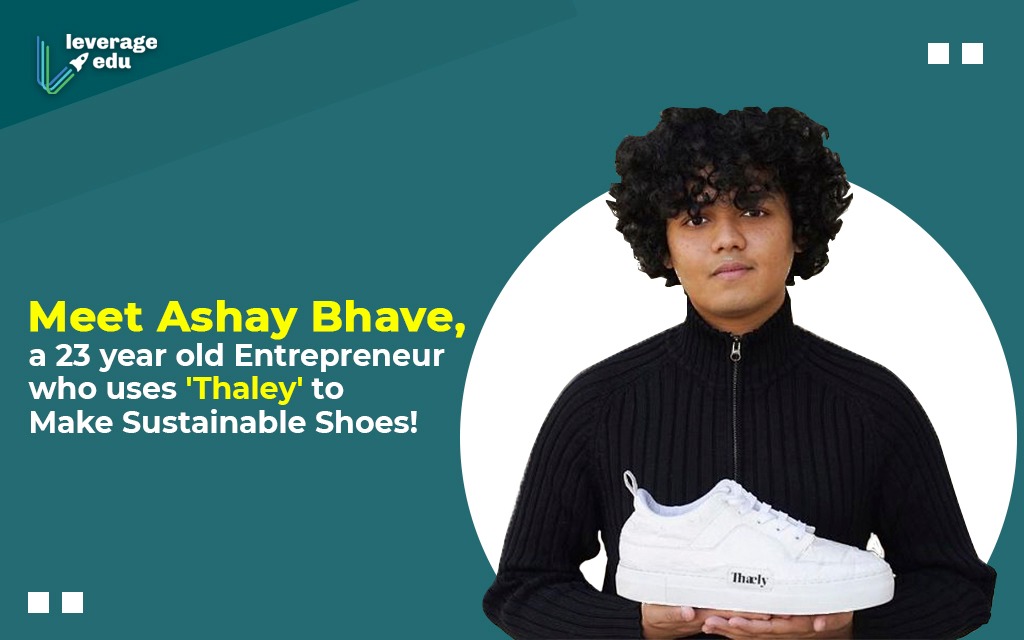
A 23-year-old entrepreneur started a shoe company that mostly uses plastic to manufacture its sneakers and shoes that are now sold worldwide. His company, Thaely, India, uses 12 plastic bags and 10 plastic bottles to make a single shoe.
Licella, Australia, is converting plastics to oil. Mura Technologies, UK, converts plastic waste to liquid hydrocarbons and gas and supplies it to the petrochemical industry.
There are several other startups converting plastic waste to useful products; ReNew LLP and Brightmark Energy convert plastic waste to fuel.
Strategic Consideration
Some individuals and organizations are advocating taxing virgin plastic, banning its use, or even phasing them out in a few years. Cheap virgin plastic is a huge disincentive to recycling. Countries must implement these ideas without delay. Recycling technology has made significant advances in both up-cycling and down-cycling to create quality plastic products.
Startups Need to Leverage New Research
Polypropylene, a common widely used hard-to-recycle plastic that accounts for 28% of all global plastic waste has now been successfully biodegraded in the lab by researchers at the University of Sydney. Two common strains of fungi typically found in soil and plants – Aspergillus Terreus and Engyodontium Album were able to biodegrade the recalcitrant polypropylene. The findings appeared in the April 14, 2023 edition of NPJ Materials Degradation. Scientists have observed fungi growing on carpets thrown in landfills and other odd objects.
Strategic Considerations
- Universities must encourage students to address the urgent problems of the world and become eco-entrepreneurs. Social scientists and behavioural economists need to recommend the right solutions.
- Universities must research microbes that contribute to the fast growth of seaweed. Develop solutions to grow them in a lab on a mass scale.
- Research microbial activity in landfills to develop appropriate solutions.
Leverage Countries’ Best Practices
Germany, Austria, and South Korea and a few others rank high on the recycling scale. Germany with its green dot program encourages manufacturers to reduce their packaging material and/or seek better alternatives. Fees vary in the green dot program, skewed in favour of companies making the right efforts on the packaging. However, if a manufacturer doesn’t participate in the green dot program he must take on the responsibility of collecting the packaging waste and recycling it. Austria and South Korea have banned the use of certain plastic items. Singapore has only one landfill. Norway recycles 97% of its plastic and 92% is turned back into bottles. Each country must learn from the other on what has worked and what has not worked.
Government Strategies to Encourage Startups
- Governments may consider banning the manufacture of non-essential plastic items, e.g., ornamental plastic products. This will allow startups to come out with better alternatives.
- Government of India must tax all plastic packaging at the highest GST (Goods and Services Tax) tier. Every year a few more plastic products get added.
- Impact Investing has shown that it can produce decent market returns, therefore, countries need to build the right ecosystem for investing.
Plug into Actions Happening at a Global Level
UN Member States established an Intergovernmental Negotiating Committee (INC) to advance a legally binding international agreement on plastics. The goal is to complete the draft of the agreement by the end of 2024. The agreement is intended to address the full life cycle of plastics including the design, production, and disposal.
Several organizations are also involved in furthering the efforts at a local, national and global level. The industry should tune in to leverage the findings and build disruptive models. Researchers and journalists need to access the Global Plastic Watch (GPW) digital platform to assess in real-time any country’s plastic pollution in detail. The platform has insightful information on plastic waste sites, and proximity to water, among others.
Addressing the plastic menace should be a top ESG agenda both for governments and corporations. A startup culture must be fostered. Collaboration between startups and big companies must be strongly encouraged. This assures disruptive models that can replace cheap fossil fuel-based plastics and in the process create several jobs.
Simultaneously, we must ban the production of cheap virgin plastic while ramping up our plastic recycling efforts. This three-pronged strategy may reduce household use of plastic by 5-10% every year. This must be the goal of every country. Finally, a plastic-free world can only be achieved if every citizen of the world is committed to making it happen.
Ram Ramprasad contributes articles on sustainability to reputed magazines in India. He worked as a Global Marketing Director for a Fortune 100 company in the USA. He graduated from Yale University, USA, and Madras University, India.
Support Green Journalism
SustainabilityNext crossed its 100th Edition in October 2022. Since April 2013, every month, SN has been publishing action-oriented green entrepreneurial stories, sharp interviews with change leaders and incisive book reviews. We wish to make it a fortnightly shortly.
SN Youth, launched in June 2021, is turning into a platform for the youth to share their green journey and inspire others.
SN launched India’s first Green Literature Festival in July 2021 to celebrate and grow environmental writing and reading among the youth, executives and entrepreneurs.
You will agree that only awareness is not enough. The world today needs action NOW to save itself. Support our efforts to drive climate action by reaching a million readers by December 2023.



